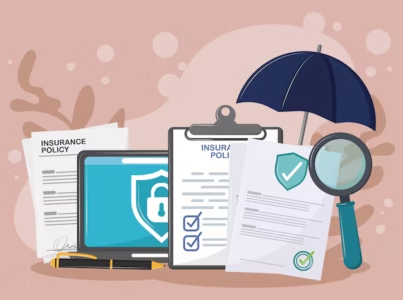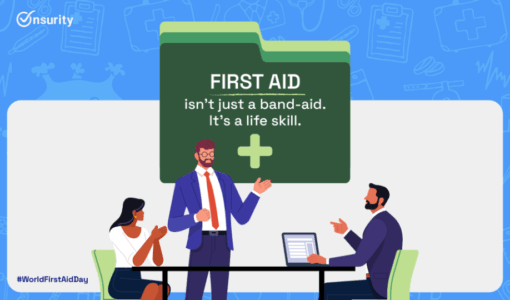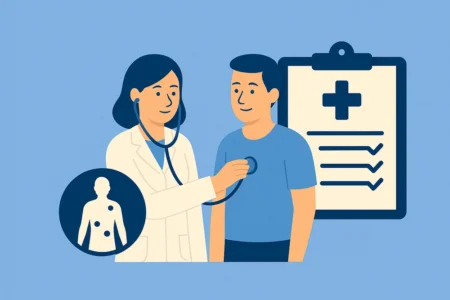Table of Contents
In light of the ongoing situation between India and Pakistan, we at Onsurity are committed to keeping you informed with essential safety information. The well-being of our customers, business partners, employees, and your families is our utmost priority.
Please bookmark this blog for reference and share with your family, friends, and colleagues: the more people who follow official guidelines, the safer our communities will be.
Some key dos and don’ts and other precautions to help you navigate this national crisis safely and responsibly.
Stay Calm and Stay Informed
Safety Guidelines: Dos and Don’ts
Following basic safety precautions can significantly increase your security. We urge everyone — individuals at home, families, and organisations — to observe the following:
Do the following
Stay indoors
Prepare an emergency kit
Prepare an emergency kit with essential supplies. This kit should include potable water, non-perishable food for a few days, necessary medications, a first-aid kit, and a portable phone charger (power bank). Keep this “go-bag” easily accessible.
It’s also wise to keep your mobile phones, power banks, and other devices charged in case of power cuts.
Help others
Avoid the following
Do not spread or believe rumours
Do not spread or believe rumours. In times like these, misinformation can spread rapidly and cause panic. Refrain from forwarding unverified news via WhatsApp, social media, or word of mouth.
Always check whether the information is from an official source (such as government press releases or verified news).
Do not make unnecessary phone calls during emergencies.
Do not make unnecessary phone calls during emergencies. Keep communication lines free for those who truly need them. After any major alert, avoid using phones except for urgent matters.
Instead of voice calls, use SMS or messaging apps if you must communicate; they use less bandwidth and are more likely to go through when networks are busy.
Avoid going outside unless absolutely necessary
Do not engage in panic buying or hoarding
Staying Informed via Official Channels
- National Disaster Management Authority (NDMA) for official safety advisories and situation updates. (Follow NDMA’s updates on their official 𝕏 account (twitter), or visit the NDMA website for detailed guidelines.) NDMA often shares instructions on civil defence drills, emergency preparedness, and what steps to take during various scenarios.
- Press Information Bureau (PIB) – Government of India for verified news releases and government announcements. (You can follow PIB India on 𝕏 (twitter) for news flashes and clarifications. PIB is the government’s official media communication arm, so it’s a reliable source for factual information.) They also run a fact-check service to debunk false news.
- Ministry of Home Affairs (MHA) for any security and law/order related updates. (Check the MHA official website for press releases or updates from the Home Ministry. In addition to the above, keep an eye on announcements from local authorities (state and district administration, local police, etc.)
Important Emergency Helpline Numbers
- 112 – National Emergency
- 1078 – Disaster Helpline
- 1800-599-0019 – Mental Health (Kiran)
- 1098 – Child Helpline
- 1930 – National Cybercrime Helpline
Workplace Preparedness and Support
Have an emergency plan
Prioritise staff safety
Communicate clearly
Stay aligned with authorities
Show empathy to customers
If you have any specific concerns or need assistance related to this situation, you can reach out to us at Onsurity, and we will do our best to help or direct you to the appropriate resources. We are committed to supporting you through this period in every way possible.
Stay safe, stay informed, and take care.







